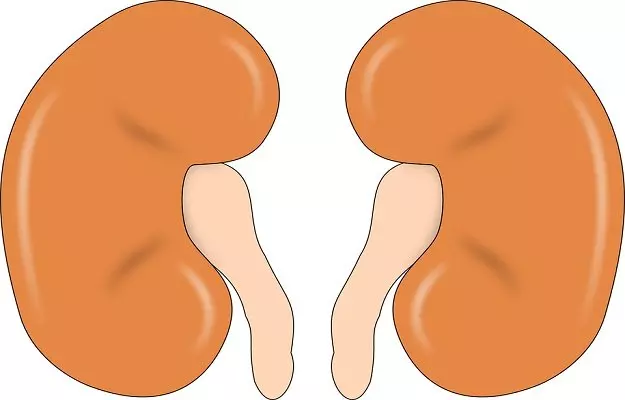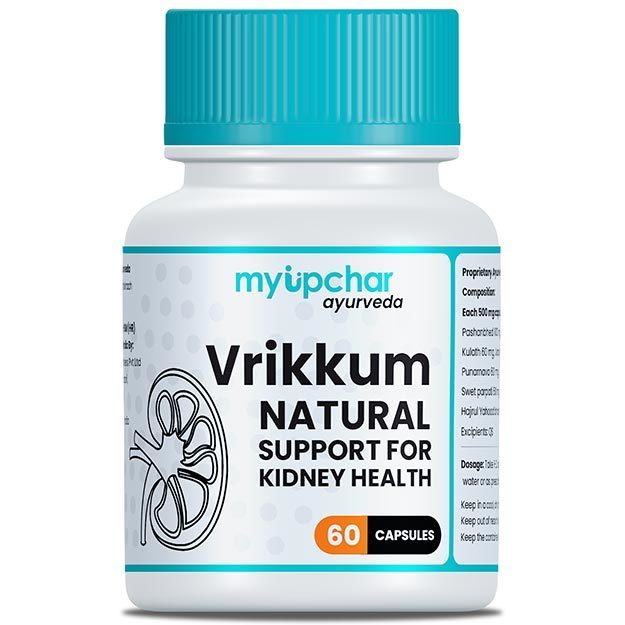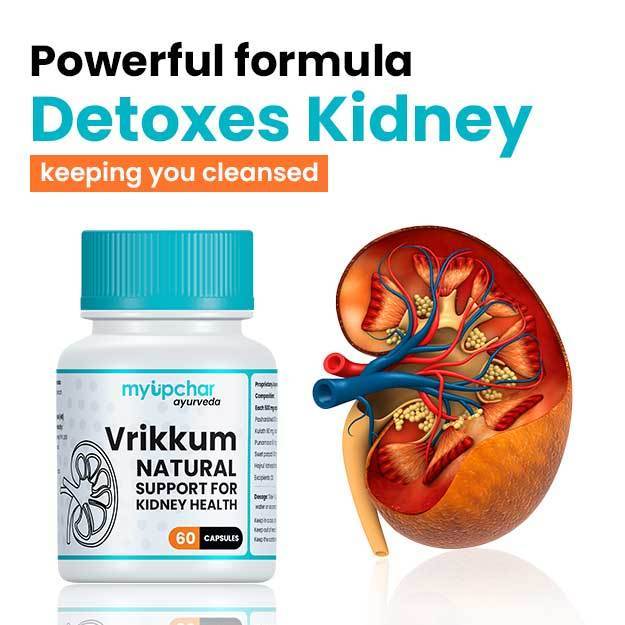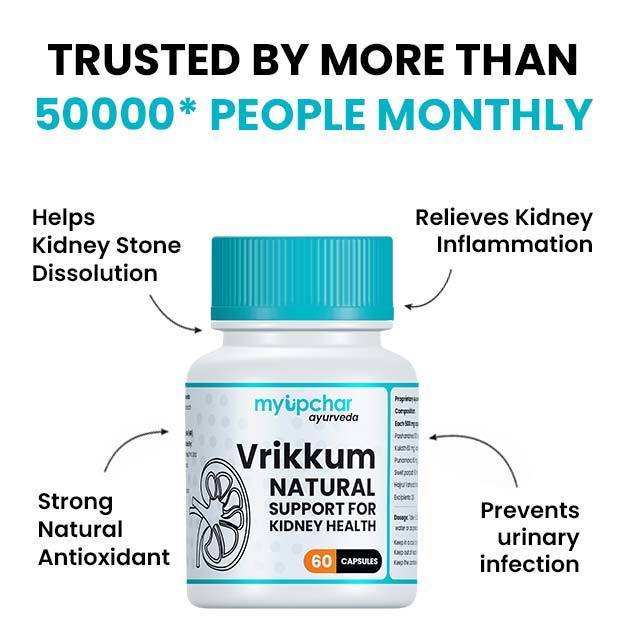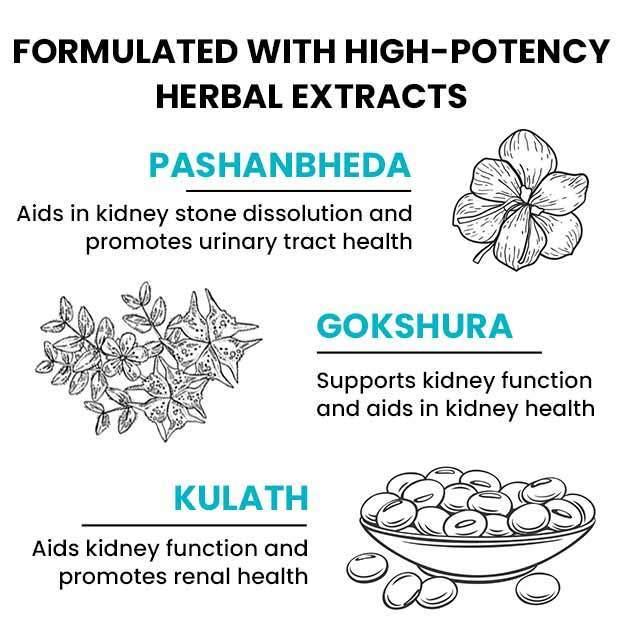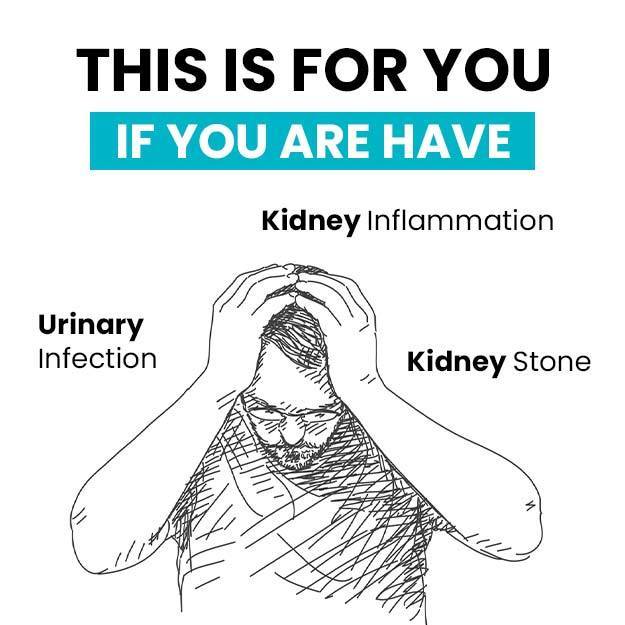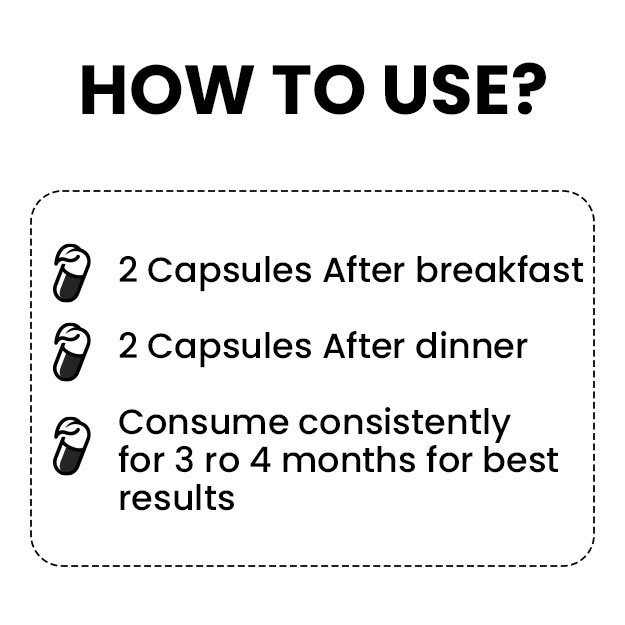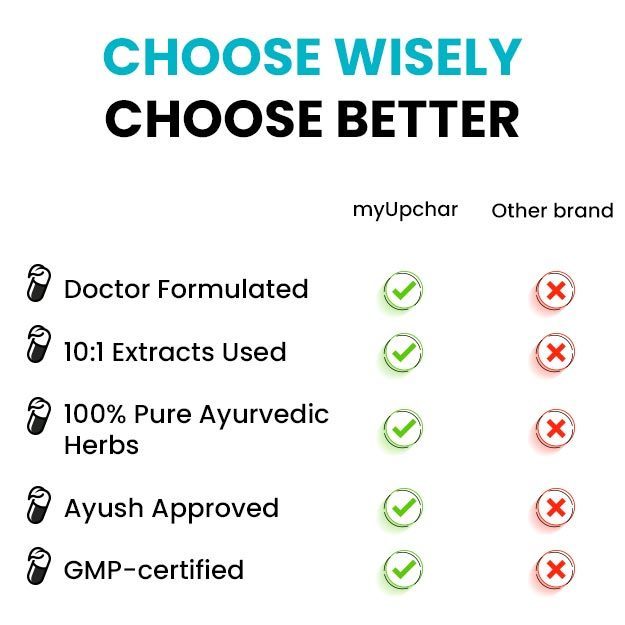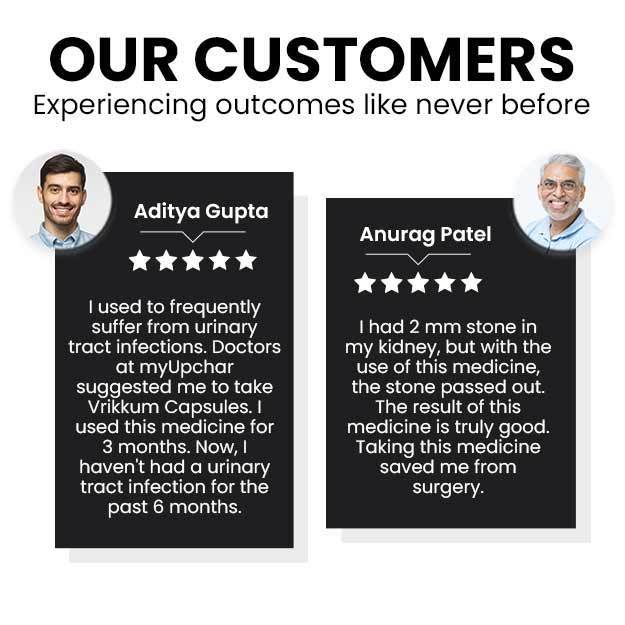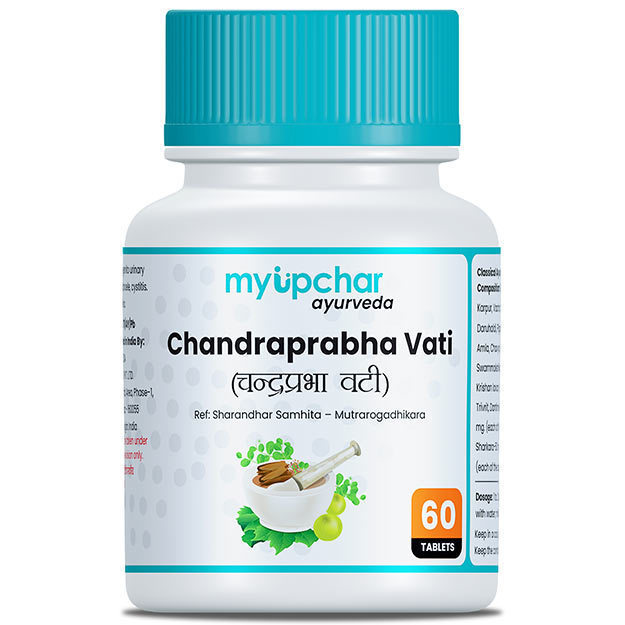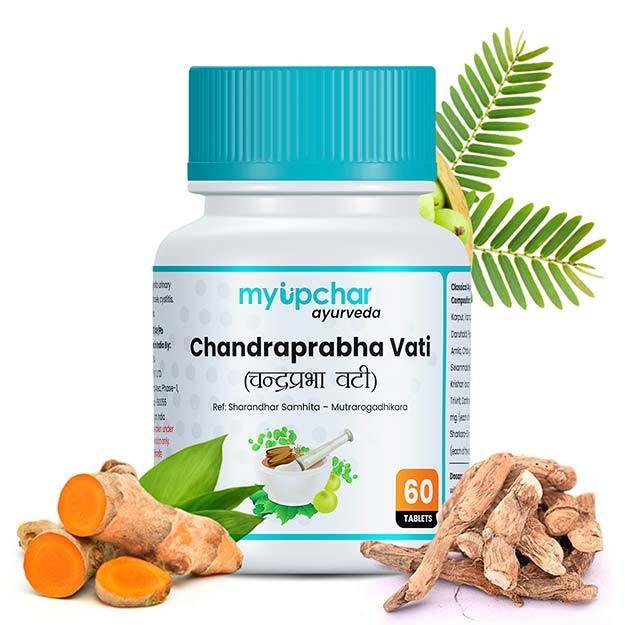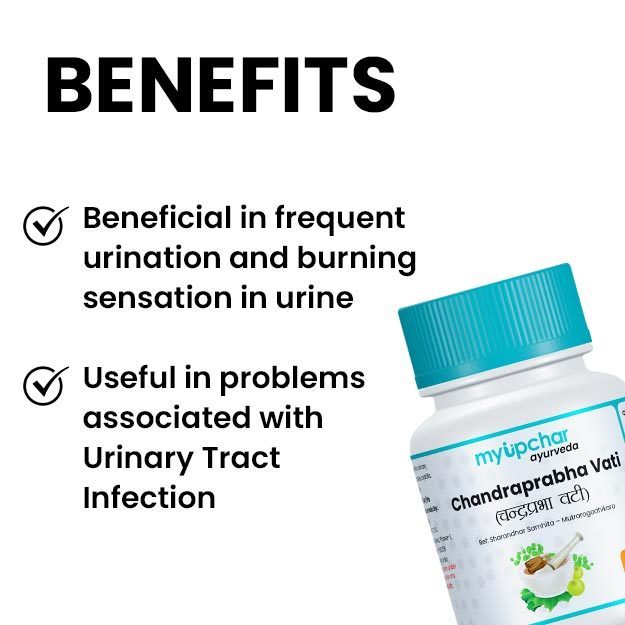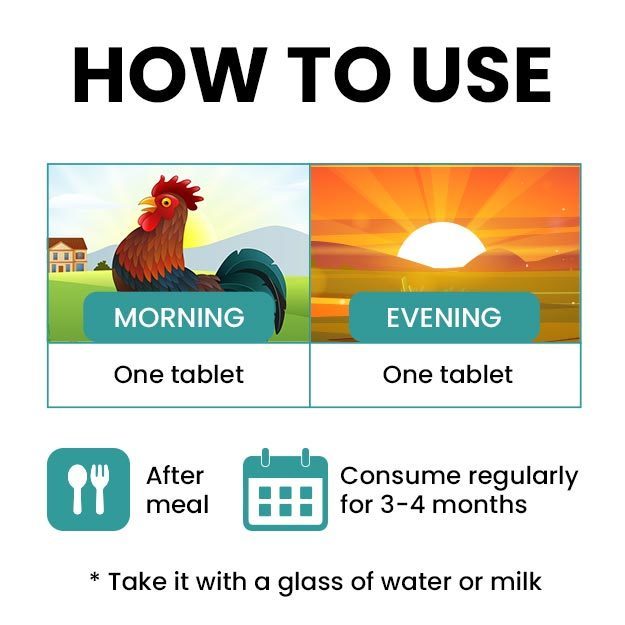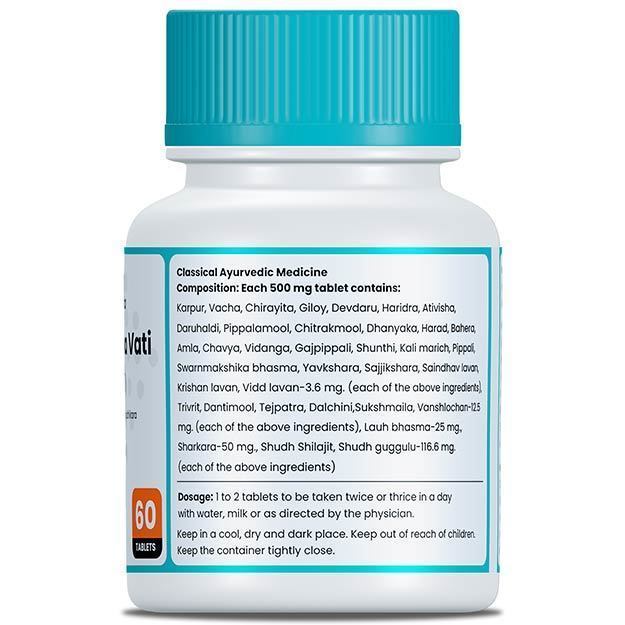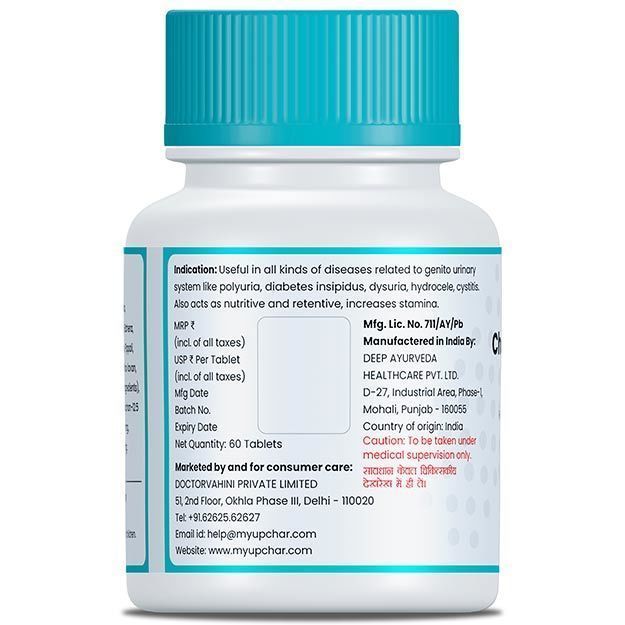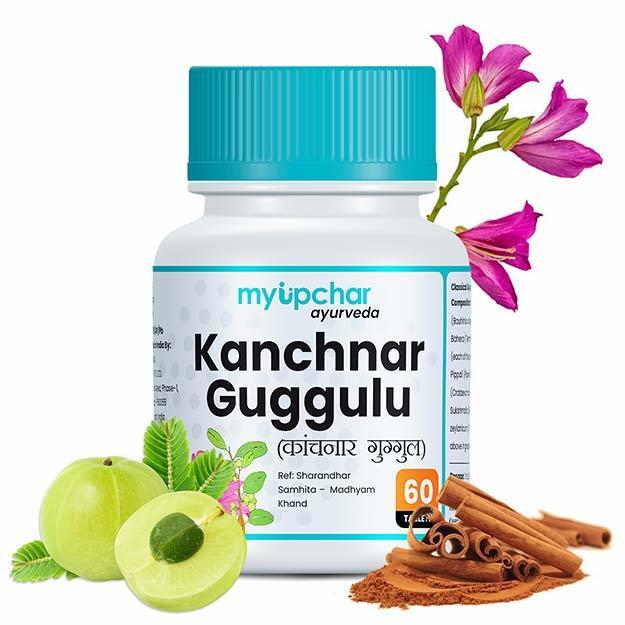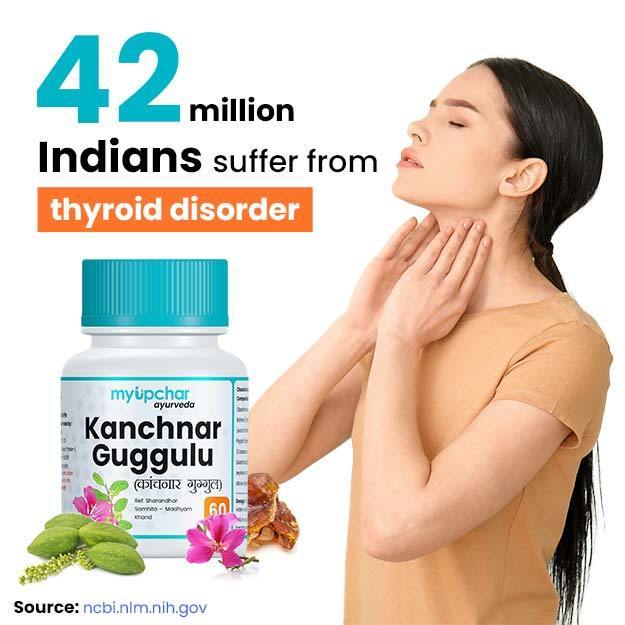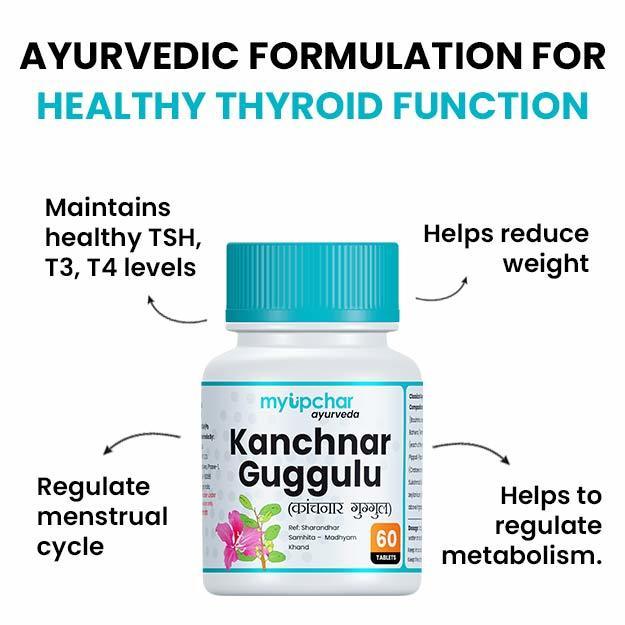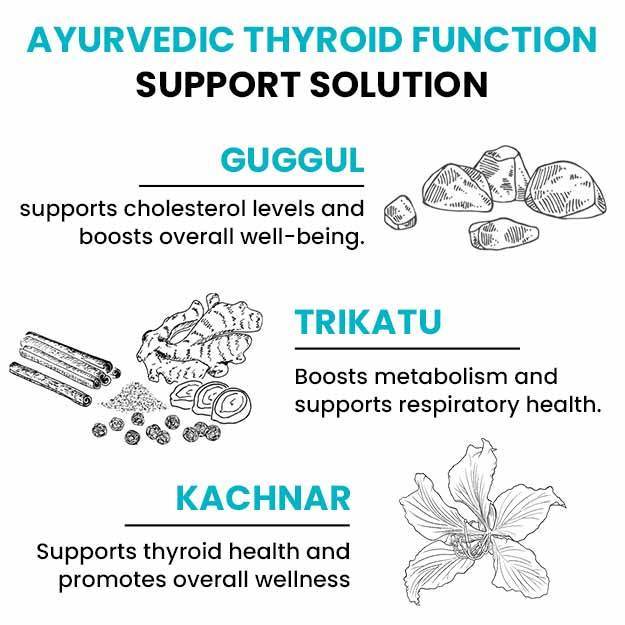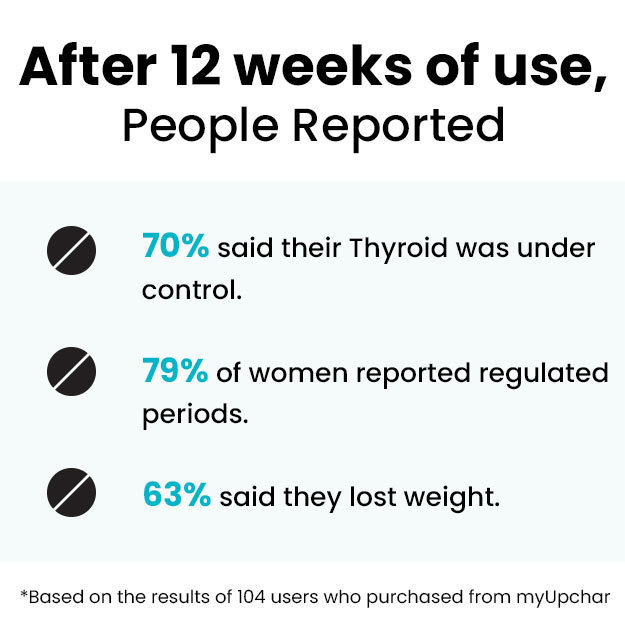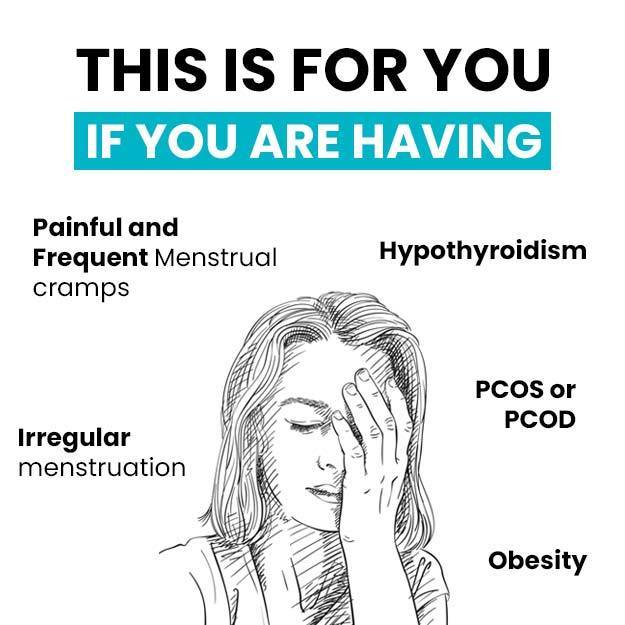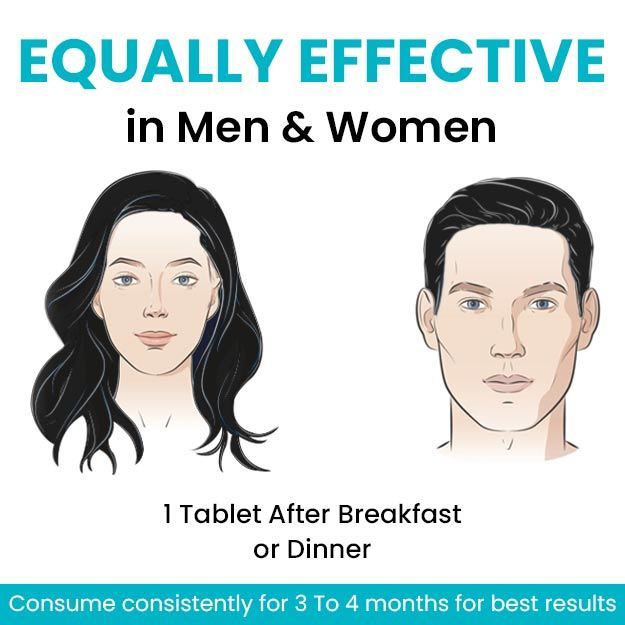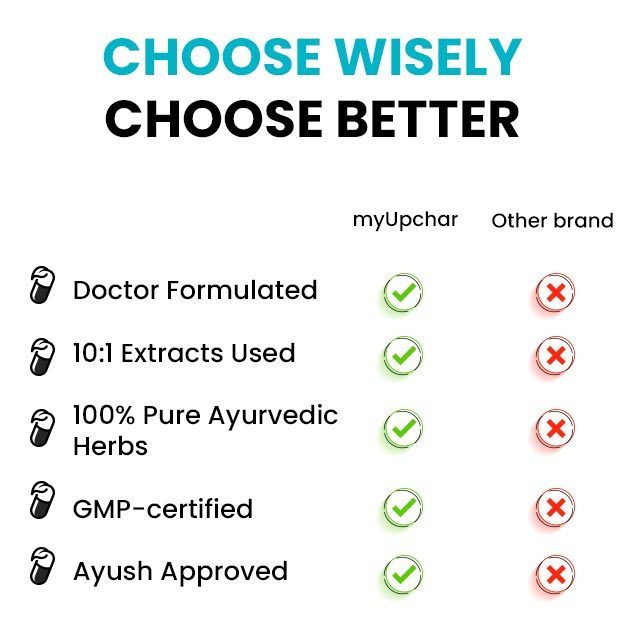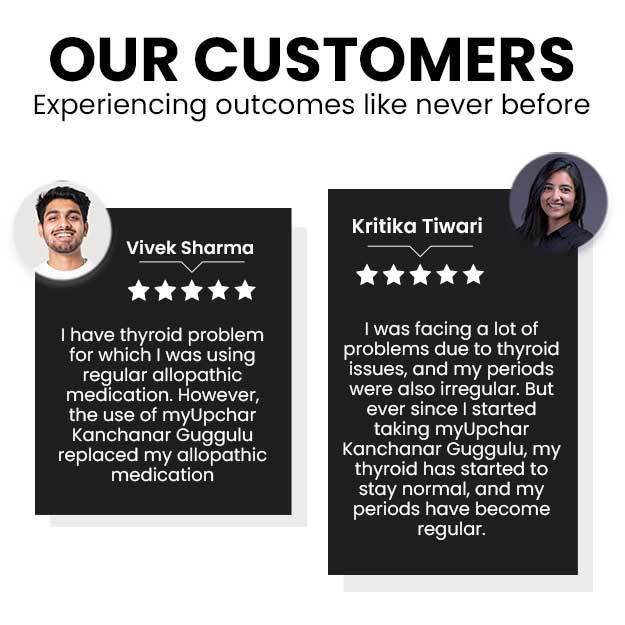Avoid the following things in kidney disease:
1. Processed and fast food in kidney disease:
Processed and junk foods often contain salt, sugar and unhealthy fats. The best way to avoid kidney disease is to stay away from them. This includes snack foods such as chips, crackers and cookies as well as pre-packaged food, canned soups and other diets. Even foods that look healthy - such as canned vegetables and fruits - may be high in sugar or salt. 1. Low-sodium canned or frozen fruits and vegetables prepared without added sugar are good options if you don't have access to fresh produce.
(Read more - Kidney Stones)
2. Avoid foods rich in potassium and phosphorus:
Depending on the severity and type of kidney disease, your doctor may advise you to stop consuming high amounts of potassium and phosphorus. These minerals tend to accumulate in your blood when your kidneys are not functioning properly. Your doctor may also advise you to avoid potassium-rich foods as a salt substitute. These include milk, yogurt, avocados, bananas and other vegetables and fruits, nuts and beans. Foods rich in phosphorus include soft drinks, dairy products, beans, etc.
(Read more -Urinary tract and genital diseases)
3. Avoid eating too much protein:
Control your protein intake as excessive protein intake increases the risk of kidney disease. Eggs, chicken, fish, meat and dairy products are high in protein. Eating them in excess leads to accumulation of toxins in the body, which becomes difficult for your damaged kidneys to clear on time. When you have kidney disease, take a less high protein diet.
(Read more - Home Remedies for Kidney Stones)
4. Do not eat too much salt:
Consuming too much sodium can increase blood pressure and due to improper functioning of the kidneys, the level of fluid in the body also increases. Use herbs instead of salt to make food tasty. Processed food, packaged food, outside food etc. contain high amounts of sodium. To know the right amount of sodium, consult your doctor once.
(Read more - Kidney Transplant Surgery)

